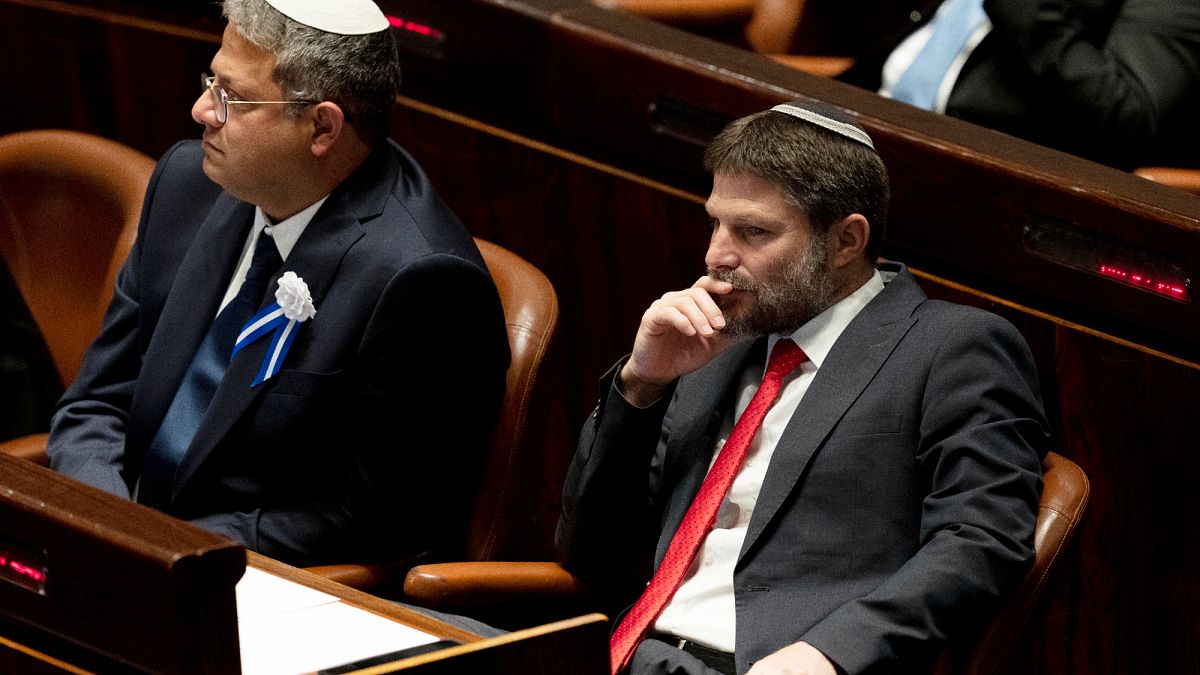

Amidst a world characterized by dynamic geopolitical landscapes, recent developments highlight international responses to conflicts and growing efforts towards diplomacy and humanitarian aid. Key regions, including the Middle East and Southeast Asia, are witnessing significant political initiatives aimed at reducing tensions and promoting peace.
In Europe, the Netherlands has made a notable move by announcing a travel ban against two far-right Israeli ministers. This action comes in response to the continuation of Israeli support for settlers’ activities and the ongoing conflict in the region. The Dutch government has also taken the step of summoning the Israeli ambassador to express concerns over these issues. The travel restrictions underscore the Netherlands’ stance against aggressive policies and align with wider European diplomatic efforts to address the conflict.
At a broader European level, the European Commission is considering a partial suspension of Israel from the EU’s Horizon Europe research funding program. This measure, still in deliberation, reflects the EU’s critical stance on the ongoing crisis in the Gaza Strip as it attempts to leverage economic tools to encourage a resolution. Such actions are indicative of the EU’s strategic preference for diplomacy and economic measures over military interventions.
Germany, under Chancellor Friedrich Merz, is navigating a complex landscape of domestic and international pressure concerning the conflict in Gaza. While Chancellor Merz has not ruled out the possibility of sanctions against Israel at the EU level, he emphasizes Germany’s commitment to humanitarian efforts. Germany’s participation in an airlift to deliver essential food and medical supplies to Gaza illustrates a dual strategy of humanitarian aid coupled with diplomatic caution, balancing moral responsibility with geopolitical strategy.
Shifting focus to Southeast Asia, Thailand and Cambodia have reached a tentative yet crucial ceasefire agreement following days of intense conflict along their shared border. In Malaysia, representatives from both nations concluded talks resulting in an ‘immediate and unconditional’ ceasefire to halt the worst violence in over a decade, which tragically resulted in the loss of 38 lives and displaced hundreds of thousands. This development brings a welcome pause to hostilities, highlighting regional collaboration in resolving disputes through diplomatic negotiations.
Thailand’s prime minister, in addressing concerns regarding the fragile ceasefire, reassured the public of ongoing efforts to maintain peace and stability. In his statement, he emphasized the importance of upholding national sovereignty while seeking peaceful resolutions. This commitment is vital for sustaining the delicate balance necessary to prevent future escalations.
These international scenarios illustrate a varied tapestry of global responses to conflict, balancing diplomatic interventions with humanitarian assistance. The pursuit of peace remains a beacon that guides these efforts, as nations strive to foster environments of cooperation and understanding amidst challenging circumstances. As the world observes these developments, the hope for enduring peace continues to underpin such diplomatic endeavors, reflecting a broader commitment to resolving conflicts through peaceful and constructive means.
Source: {link}
